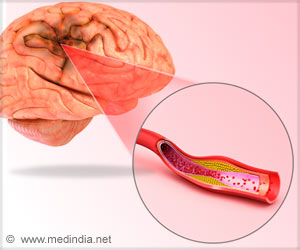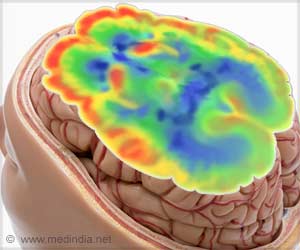Dementia blood biomarkers is linked to age, sex, genetics, and menopause.
What if a simple blood test could predict your brain’s future?
Groundbreaking new research suggests that your age, sex, genetics—even
menopause—could hold vital clues about your risk of developing
dementia. As scientists race to uncover the secrets behind Alzheimer’s and other neurodegenerative diseases, this study might just bring us one step closer to early diagnosis and prevention. Curious how your biology could be talking? Let’s dive into the science that could shape the future of brain health (
1✔ ✔Trusted Source
Women's brain aging: Effects of sex-hormone exposure, pregnancies, and genetic risk for Alzheimer's disease
Go to source).
‘
Did You Know?Your age and hormones may reveal early dementia risk—right from a blood test.’





Advertisement
New Frontier in Dementia Detection
Age, sex, hormonal changes, and
genetics influence the expression of certain biomarkers for
dementia in the blood. The research, which analyzed data from a 17-year study, found that these factors are linked to three biomarkers that influence a person's risk of dementia. The study found that these biomarkers are found in the blood when nerve cells are injured or die, and when cells repair injury.
Advertisement
Role of Age, Sex, and Genetics in Biomarker Levels
Dementia-related biomarkers increase significantly with age, with levels nearly doubling by age 75. Women showed higher levels of
inflammatory proteins, while men had more nerve damage markers. Those with the APOEe4 gene also had elevated tau and glial protein levels, highlighting the impact of genetics and sex on dementia risk.
Advertisement
Hormonal Clues and the Menopause Link to Dementia Risk
The study revealed that females without menopause had higher levels of glial acidic proteins, possibly due to sex hormones, a potential link to
neuroinflammation. Understanding these biomarkers could improve future dementia tests using simple blood tests.
Reference:
- Women's brain aging: Effects of sex-hormone exposure, pregnancies, and genetic risk for Alzheimer's disease
- (https://pubmed.ncbi.nlm.nih.gov/32856754/)
Source-American Academy of Neurology
















